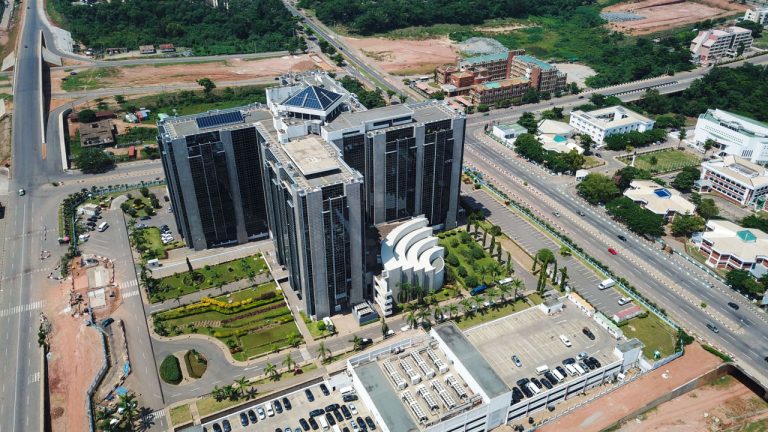
During her appearance before Nigerian lawmakers, Aisha Ahmad, the deputy governor of the Central Bank of Nigeria (CBN), told lawmakers that out of the nearly $1.8 billion used to manage the local currency, over 90% of this total was reportedly used to fund expenses associated with the production of banknotes.
The Growing Cost of Maintaining the Naira
According to Aisha Ahmad, the deputy governor of the Central Bank of Nigeria (CBN), between the years 2017 and 2021, the apex bank spent an equivalent of nearly $1.8 billion, or 800 billion naira, managing the local currency. The production of new banknotes alone accounted for more than 90% of this figure.
As per remarks published by the Punch, Ahmad, in her recent appearance before Nigerian lawmakers, also claimed that the cost of maintaining the local currency has been increasing by over $22 million annually. Before Ahmad’s disclosure, Kingsley Moghalu, a former CBN deputy governor, had also told lawmakers that the central bank uses approximately $336 million to manage the currency.
In addition to incurring high costs associated with managing the naira currency, the CBN has to contend with the increased risk of counterfeiting, the report said.
Meanwhile, in her testimony, Ahmad partly blamed the spiraling costs on what she characterized as wholesale hoarding of the naira by the Nigerian public.
“An observation supported by statistics shows that cash outside banks consists of over 80 per cent of the currency in circulation; worsening [the] shortage of fit banknotes in circulation. This portends [a] negative public perception of the bank and increases [the] threat to financial system stability,” Ahmad is quoted as saying.
To help the central bank overcome some of the challenges identified by Ahmad, the CBN introduced into circulation newly designed naira banknotes on Dec. 15. At the same time, the bank said Nigerian residents in possession of the old banknotes should return these before or by Jan. 1, 2023.
CBN Not Targeting Politicians
The central bank has also restricted the amount of cash that individuals and corporate organizations can withdraw. However, some Nigerian commentators have accused the CBN of using the so-called naira redesign policy to target politicians. Responding to these allegations, Ahmad reportedly told lawmakers that the bank’s decision to limit cash withdrawals was based on research.
“I have to make it very clear that the CBN is an independent institution and our decisions are taken based on research — it is the work of many teams working together across the different directories,” Ahmad reportedly said.
Register your email here to get a weekly update on African news sent to your inbox:
What are your thoughts on this story? Let us know what you think in the comments section below.








